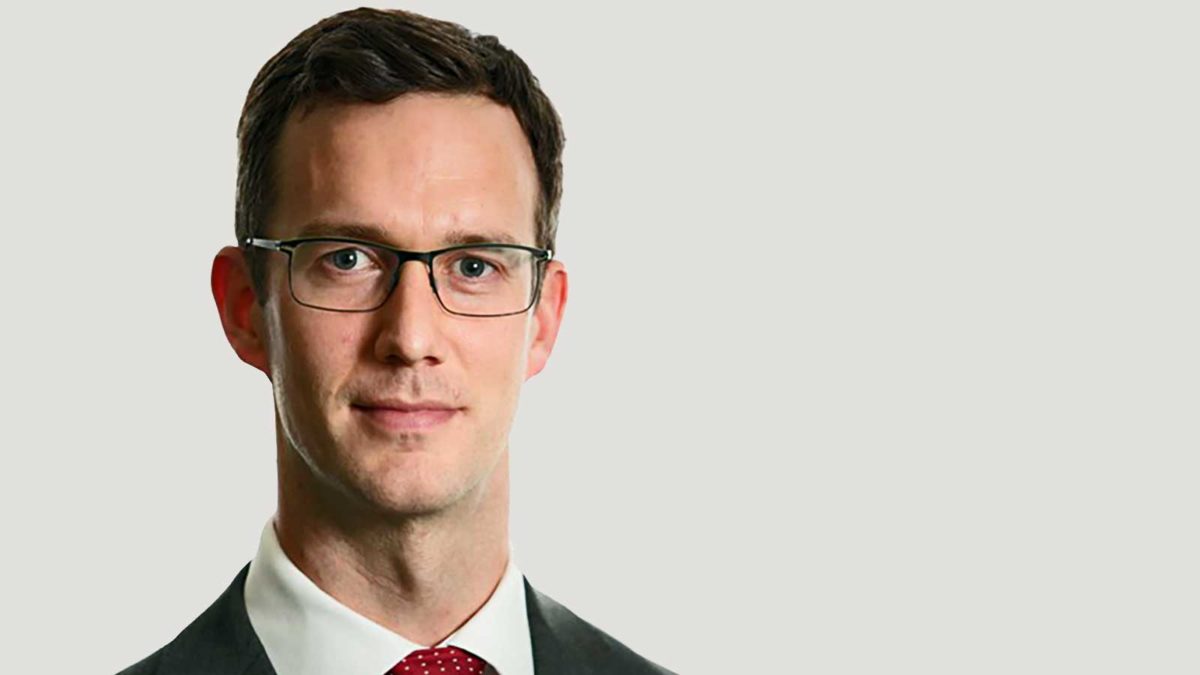Hedge funds are back
With an uptick in interest in hedge funds following better performance during covid-19, bfinance has produced a study on how big investors have adapted their hedge fund portfolios.
The global manager search and research firm says that institutional investor sentiment towards hedge funds has been “noticeably more positive in 2021, supported by double-digit gains [in annual returns] for the average fund in 2019 and 2020”.
Its latest report, ‘How to Build a Hedge Fund Allocation‘, details how portfolios of hedge funds and the broader universe of liquid alternatives have evolved in the past few years. For starters, the new portfolios use significantly fewer managers to get their required diversification.
According to bfinance, in a period of heightened uncertainty, in which the pandemic and its macroeconomic implications remain, institutional investors are looking towards liquid alternative and hedge fund allocations (which it sees as a subset) to answer the ongoing challenges presented by low bond yields and highly priced equity markets.
The report, which aims to show how hedge fund allocations should be designed and constructed, highlights five key shifts in the last decade:
- Fewer mandates. Over-diversification, with portfolios featuring 50 or more hedge fund managers, was commonplace before the global financial crisis. bfinance now tends to see well-diversified portfolios featuring no more than 10 to 20 managers, or even fewer where the investor wishes to take a more concentrated approach. This trend has also supported demand for multi-strategy, multi-style investment approaches versus narrowly focused styles, the report says.
- More tools in the toolbox. Alongside hedge funds, investors now have access to a range of ‘alternative risk premia’ as well as ‘absolute return multi-asset’ strategies using non-traditional techniques. Within hedge funds the firm now sees a “rich universe” of UCITS managers and improved availability of segregated accounts in a space that has typically required pooled fund investing. It is important, but sometimes challenging, to consider this broader range of moving parts.
- A rounder approach to diversification. Investors are striking a balance between different goals, with many focusing a little less on Sharpe ratio improvements and more on tail-risk-adjusted performance, convexity amid market crises (where the manager performance counterbalances the market) and the ability to perform during abnormal market conditions. Hedge fund portfolios should not be built in ivory towers of strategic-asset-allocation-type optimisation.
- Controversy around the role of managed futures (also known as CTAs or ‘systematic macro’). Some investors and advisors have now essentially abandoned CTAs due to weak performance through an extended equity bull run. However, bfinance’s analysis is still supportive of including these strategies in portfolios due to their convex characteristics and their ability to perform in ‘divergent’ market conditions (when markets are being driven by factors other than fundamentals), and
- More demand for high transparency and explicability of returns. Investors increasingly seek return profiles that they can anticipate and understand. Increased preference for lower-cost solutions. bfinance notes ongoing strong competition in the pricing of funds of hedge funds, as well as the rise of innovative structures to improve investor and manager alignment.
Further expansion
Meanwhile, following its recent appointment of a dedicated executive to oversee ESG issues and processes, Sarita Gosrani, bfinance announced last week (August 11) that it had recruited a senior director for operational risk solutions.
He is Matthew Siddick, from Aon in London, who will head up the new operational risk solutions unit, which includes operational due diligence (ODD). His most recent role at Aon was head of ODD for EMEA countries.
Both Gosrani and Siddick report to Duncan Higgs, a managing director and head of portfolio solutions. They also both represent the first dedicated executives in their fields for bfinance.
Higgs said Siddick would focus on enhancing and developing solutions designed to support investors’ operational risk requirements, both at the time of appointing external asset managers and over the longer-term as part of ongoing due diligence.
The move reflected the evolving ODD challenges faced by the firm’s asset owner clients as they sought to protect themselves against losses from operational failures, such as fraud or a corporate “blow up”.
Higgs said: “While there have been significant improvements in asset managers’ operational control in the 10-plus years since the global financial crisis, operational deficiencies still represent a major potential pitfall. Today, we see growing complexities within areas such as cyber security.”











